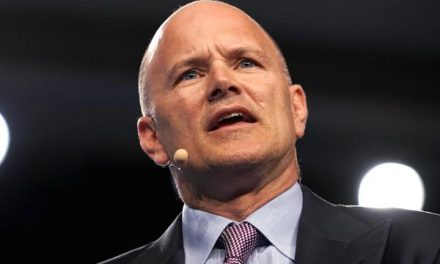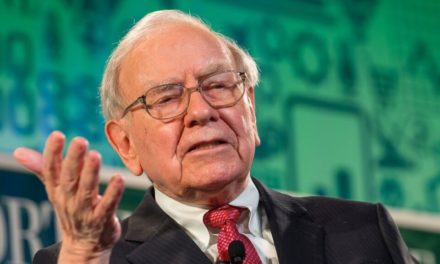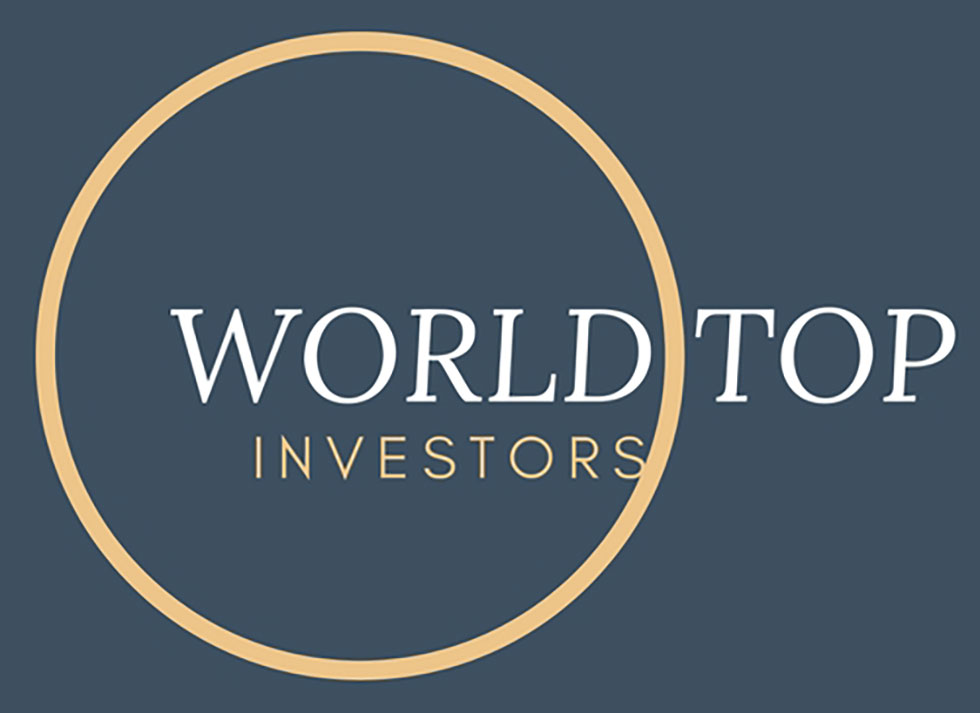Jeffrey Gundlach warning about corporate debt being the weakest link in the current global downturn has grabbed the headlines again.
For those unfamiliar Jeff Gundlach is the founder of Doubleline, which manages $150 billion of bond investments, his call to fame and fortune has come through making some profitable calls as a bond investor. Jeff Gundlach is a big fish in a big pond of the fixed income investing world who earned the nickname “the bond king”.
So when Jeff Gundlach talks about bond investing the market listens attentively for clues about where the bond market is heading which can also influence the future trajectory of stocks.
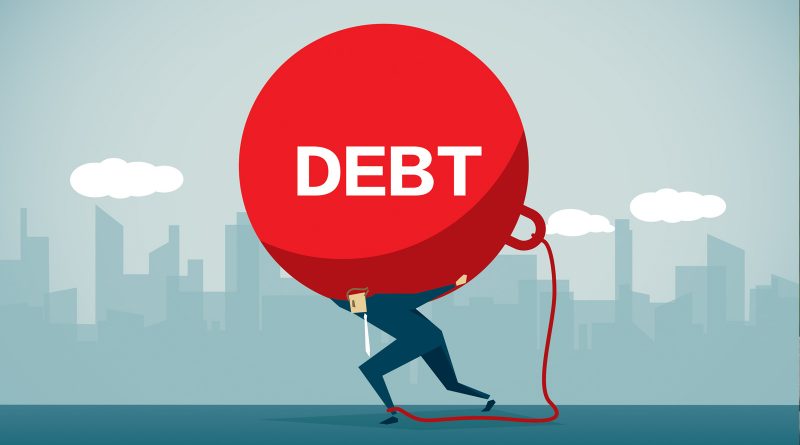
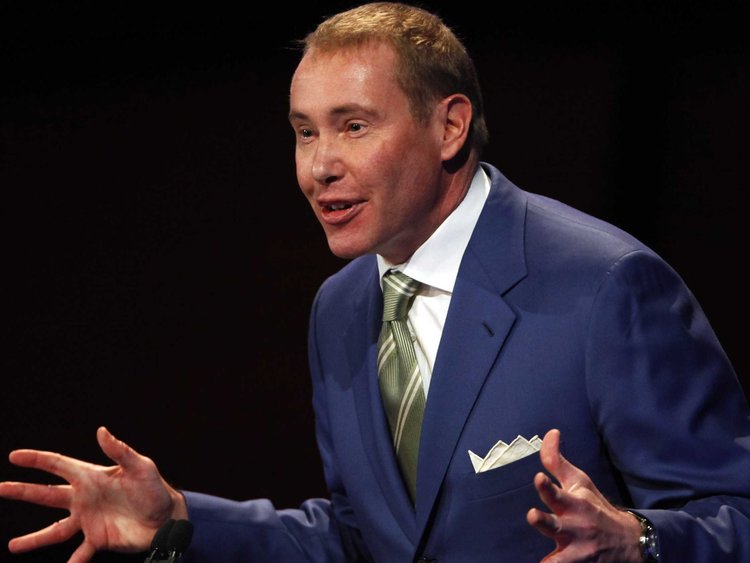
“when Jeff Gundlach talks about bond investing the market listens”
THE WEALTH TRAINING COMPANY
Jeffrey Gundlach warning about corporate debt was made back in May 2019 with his bonds are in the “twilight zone,” view, which we reported in a piece entitled Jeffrey Gundlach credit market warning.
But fast forward, to a little less than a year later and the high-profile bond investor has evolved his “twilight zone” view and today Jeffrey Gundlach’s warning about corporate debt is a big read.
In his recent interview with Citywire Jeffrey Gundlach branded parts of the bond markets as being ‘as unattractive as I have ever seen in my career’. Moreover, Jeffrey Gundlach sees no light at the end of the tunnel. For Jeffrey Gundlach, the corporate bond market is going to get much worse before it gets better.
Jeffrey Gundlach warning about corporate debt is a shot across the bow for those investing in BB-rated bonds
A Ba2/BB rating is below investment-grade or sometimes referred to as high-yield or junk.
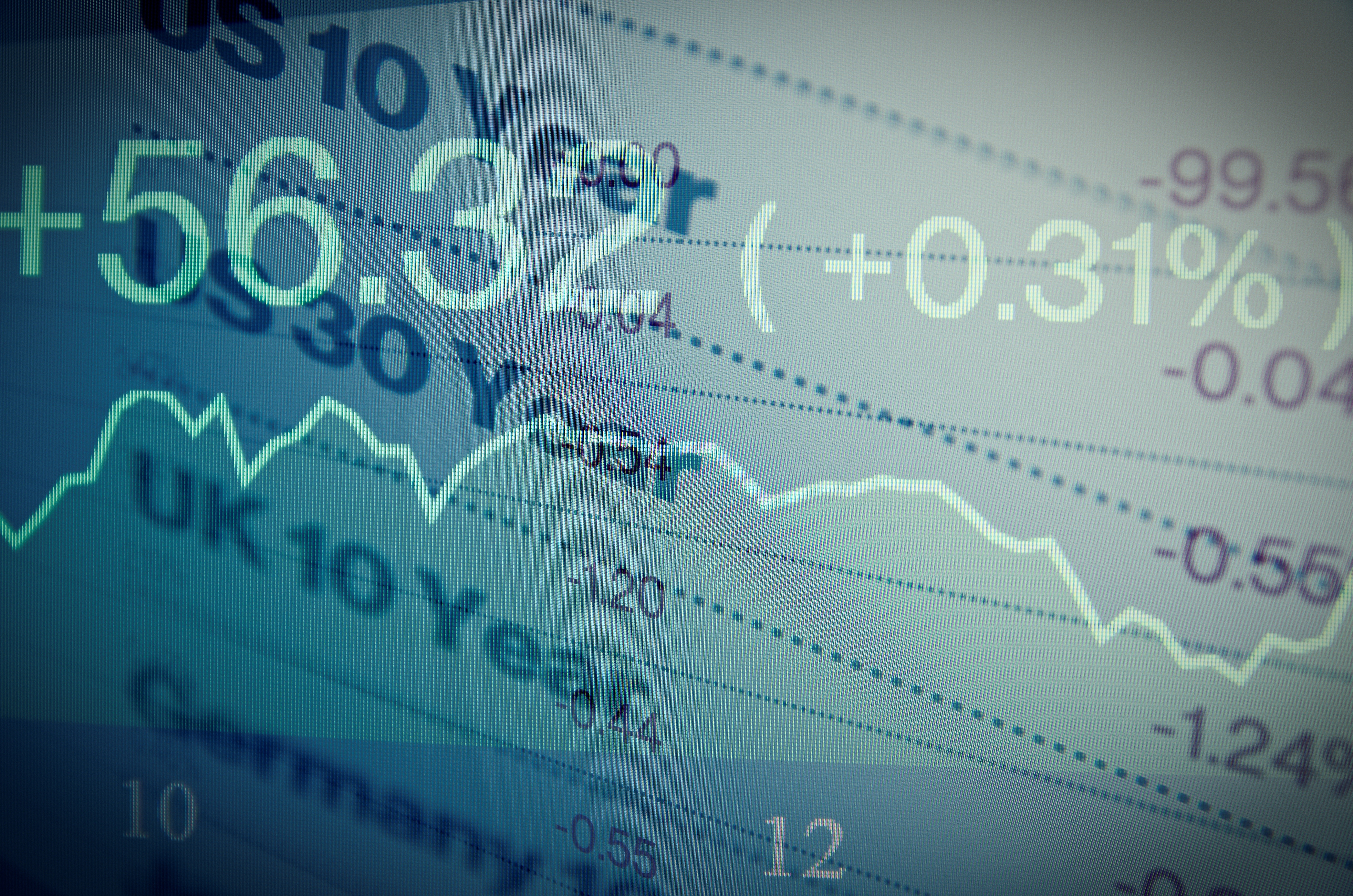
“as unattractive as I have ever seen in my career”
JEFFREY GUNDLACH (on the current bond markets)
With cash deposit rates at record lows and about quarter of the global bond market, or about $15 trillion worth of bonds, offer negative interest rates capital flows into BB-rated bonds have been higher than they normally would be.
The yield on the bond is generally higher than on investment-grade security to compensate for the greater risk of payment default that the bond investor is taking on.
Jeffrey Gundlach warning about corporate debt, namely high-yield or junk bonds was recently reiterated during a lengthy round table debate at his firm’s Los Angeles headquarters
Yes, Jeff Gundlach hates bonds right now and there is a high probability that the junk bond market could be the first bubble of the bubble of asset bubbles to implode.
Jeffrey Gundlach warning about corporate debt is a story about a hyper-financialized market due to the central bank’s decade long unprecedented monetary easing
Unprecedented liquidity injections by the world’s major central banks has fueled hyperinflation in asset prices. The largest monetary easing experiment in the history of finance is putting visible stress on the bond market, which is the stock market’s canary in the coal mine. Put simply, the central bank has created endless fiat currency to expand its balance sheet of assets in a program known as quantitative easing QE. But QE is subject to the laws of diminishing returns. QE has distorted asset prices because it cancels risk, a natural price regulator. So we are in the bubble of everything era where even risky junk bond prices are elevated.
“BB-rated junk bonds are unbelievably expensive and the yield you get versus BBB has never been less and the yield on BBB to no losses is three and three quarters” said Jeffrey Gundlach.
“A good asset allocation trade is to sell BB corporate bonds and buy the S&P 500. Because it just seems to be the risks are about the same and the rewards are pretty different” – Jeffrey Gundlach
The crux of Jeffrey Gundlach’s warning about corporate debt is that investors are picking up nickels in front of a steam roller
Put another way, portfolios are heavily weighted towards risky assets in a bond yield, cash deposits draught. When price discovery takes over this is not going to end well.
What is even more scandalous, with Jeffrey Gundlach warning about corporate debt, is what investors should do in these hyper-financialized markets
“A good asset allocation trade is to sell BB corporate bonds and buy the S&P 500. Because it just seems to be the risks are about the same and the rewards are pretty different” said Jeffrey Gundlach.
Jeffrey Gundlach warning about corporate debt and what investors should do about it is a bit like moving out of the frying pan into the fire
If bonds are in a bubble, the recent stock melt-up, which has been coined the coronabubble fueled by even more central bank liquidity is likely to have more of a bang to it.
The S&P 500 is highly priced by whatever matrix you wish to use. The price-to-earnings (P/E) ratio, shows the stock price at their highest level in recent history with the S&P 500 index SPX, -0.40% trading at 18.6 times forward earnings. That is well above the average P/E ratio of 16.7 during the past five years and 14.9 over the past ten, according to FactSet data. S&P 500 is now more overvalued than ever, well above its dotcom bubble peak. So stocks are in a bubble too.
“the breadth of decline in the global equity market is pretty powerful” – Jeffrey Gundlach
What’s more S&P 500 has exposure to the global economy, which has caught a virus. Even before the coronavirus was reported in the mainstream (months later, so there are many infected who have not been quarantined which are spreading the super spreader virus) Jeffrey Gundlach said last year that, the breadth of decline in the global equity market is pretty powerful.” You don’t need a Nobel prize in economics to figure out that the global economy has severely deteriorated since then.
Jeffrey Gundlach warning about corporate debt is valid, but what does he think investors should do in this extremely challenging investment environment?
Looking at his wider allocations, Gundlach said there is unlikely to be a new low for the 10-year US Treasury. Indeed, there is a wall of cash waiting to pounce on US treasuries, which is viewed as paper gold with the added benefits of no storage costs and relatively safe yields.
Jeffrey Gundlach previously cited the copper/gold ratio and the relationship between the nominal US GDP year-over-year averaged together with the German 10-year yield as two key market determinants. He said these two measures provided a ‘shockingly accurate’ assessment of the market.


